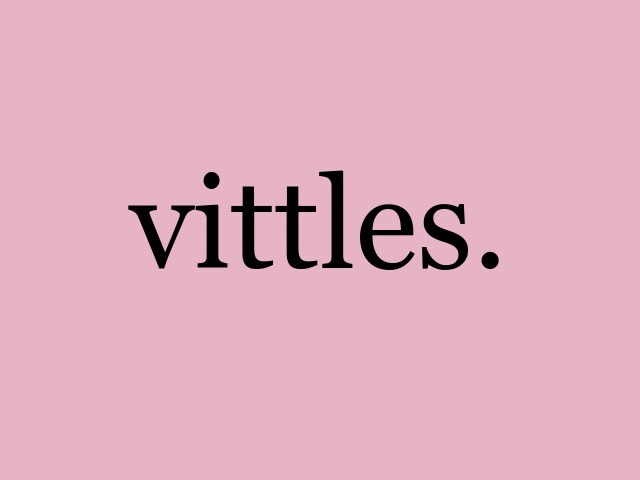To start with, I humbly ask the reader to pronounce these two words out aloud. If you’re not sure, do your best: victuals, island.
Within the realm of science/atheist/philosophy blogosphere, spelling and grammar pedantry abounds. I’ve found the stereotype of the hyper-intellectual nitpicker to be at times accurate in comments of the blogs I read. And I must admit, I have my pet peeves too. If you use “your” when you mean “you’re”, your worthy of mockery of a most severe kind.
However I am pretty wary of prescriptivism (maybe majoring in linguistics as an undegrad had something to do with it). Prescriptivists can be quite authoritarian, especially those who believe there is some almost Platonic ideal for a word that indicates its “correct” usage. This tends to be a problem when the usage proclaimed “correct” is very different to “actual” use, as if there can be a difference.
The two words given above are a perfect example, and they share a very similar story. I assume even if English isn’t your first language you’d know the second is pronounced with a silent s. But the first word has a silent c, as you would have deduced from the title. Yes, bizarrely, it’s pronounced vittles. Here’s why.
To take the island example first, the word comes from the Old English egland. The g had a y sound in Old English. However in the 15th century, spelling pedants wanted to make sure every English word reflects its proper history. Because Latin was the language of the learned (and for other reasons, I presume), they thought it came from the Latin isle (from which we derive English words of slightly-related meanings like insular and probably penninsula). Trouble was the unwashed masses weren’t pronouncing the s! No worries, we’ll stick it in as a reminder of our Great Latin HeritageTM

The victuals example is a bit better in that at least they didn’t stuff it up. It really does come from the Latin victualia meaning provisions. However Old French (which like modern French seemed to have a problem with too many consonants in a row) dropped the c and made it vitaille. English gets the word from Old French and so it was written vitaylle (and relates to other similar English phrases like your “vital signs”). Once again, the pedants wanted a connection to Latin and again inserted a silent c as a stern reminder for the boors to be less boorish.
These almost-identical examples illustrate most of the problems with viewing word meaning and word etymology as something handed down from on high. The changes introduced silent letters to point to a Latin connection. This was wrong in one case but either way, the only benefit was for scholars who would have known this anyway. They got to do a prescriptivist circle-jerk whilst for most people the changes would have been puzzling. And because of the conservatism of English, as driven by modern language pedants, the words have still not been fixed making two jarring barriers to literacy.





0 Comments